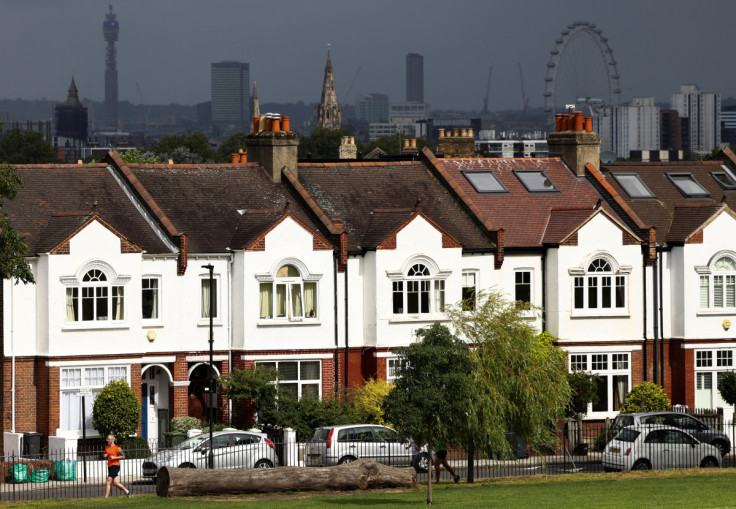UK Housing Market Faces 5.3% Yearly Decline as Interest Rates Squeeze Prices
According to Nationwide, the largest British building society, the seasonally adjusted housing price index revealed that prices remained stagnant in September, following a 0.8% decrease in August.

In the 12 months leading up to September, house prices in the UK saw a 5.3 per cent decline, reflecting a nationwide decrease amid heightened interest rates putting pressure on the market.
The latest house price index from Nationwide, the UK's largest building society, revealed that seasonally adjusted prices stagnated in September, following a 0.8 per cent dip in August.
The average home price in September stood at £257,808, marking a significant drop of nearly £14,500 compared to the previous year. The British housing market has experienced a slowdown in recent months, attributed to the Bank of England's substantial interest rate hikes aimed at curbing inflation sparked by disruptions from the COVID-19 pandemic and Russia's invasion of Ukraine, which led to surging energy prices.
Responding to the inflationary pressures, the Bank of England implemented a series of interest rate increases, maintaining the trend until the previous month. The September meeting of the Bank's monetary policy committee marked the first time in almost two years that rates were left unchanged, fostering optimism for a halt in further rises in borrowing costs.
Despite this pause, the impact of the rate hikes is still evident in the housing market. August's data from the Bank of England indicates that only 45,400 mortgages were approved for house purchases, representing a 30 per cent decrease compared to the monthly average in 2019 before the onset of the pandemic and subsequent market volatility.
Robert Gardner, Nationwide's chief economist, noted the subdued state of the market, attributing it to the challenges in housing affordability. He highlighted that someone with an average income purchasing a typical first-time buyer home with a 20 per cent deposit would spend 38 per cent of their take-home pay on monthly mortgage payments, well above the long-run average of 29 per cent.
Samuel Tombs, chief UK economist at Pantheon Macroeconomics, acknowledged the adverse impact on affordability from higher mortgage rates but expressed optimism about potential increased demand in the coming months due to recent boosts in consumer confidence.
Gardner observed that the Bank's pause had contributed to a decline in longer-term interest rates, potentially easing mortgage prices. However, he cautioned against expectations of a return to the historically unprecedented record-low rates of the pre-pandemic period, characterizing such a prospect as distant.
Looking ahead, Gardner anticipates a relatively subdued housing market in the coming months, following price declines in every region of the country during the third quarter of 2023 (July to September). The most significant decline was noted in the southwest of England, where prices dropped by 6.3 per cent, with six out of 13 regions experiencing drops exceeding five per cent. Northern Ireland witnessed the smallest drop, down by 1.8 per cent.
In the midst of these housing market challenges, the most significant blow came in the form of a sharp decline witnessed just last month. The UK housing market recorded its steepest annual drop in 14 years, sending shockwaves through the nation.
Data released by the Nationwide Building Society revealed that house prices in the United Kingdom plummeted by 5.3 per cent in August compared to the same month the previous year. This alarming decline raised concerns reminiscent of the challenging times experienced during the global financial crisis in July 2009.
One of the central factors contributing to the surge in mortgage costs has been the rapid and relentless increase in mortgage rates. The Bank of England's decision to repeatedly raise interest rates has played a pivotal role in this regard.
Since December 2021, the central bank has raised interest rates a staggering 14 times, pushing rates up from their historic low of 0.1 per cent to the current level of 5.25 per cent. The repercussions of these rate hikes have rippled throughout the housing market, significantly impacting the decision-making of potential buyers and existing homeowners alike.
© Copyright IBTimes 2025. All rights reserved.






















